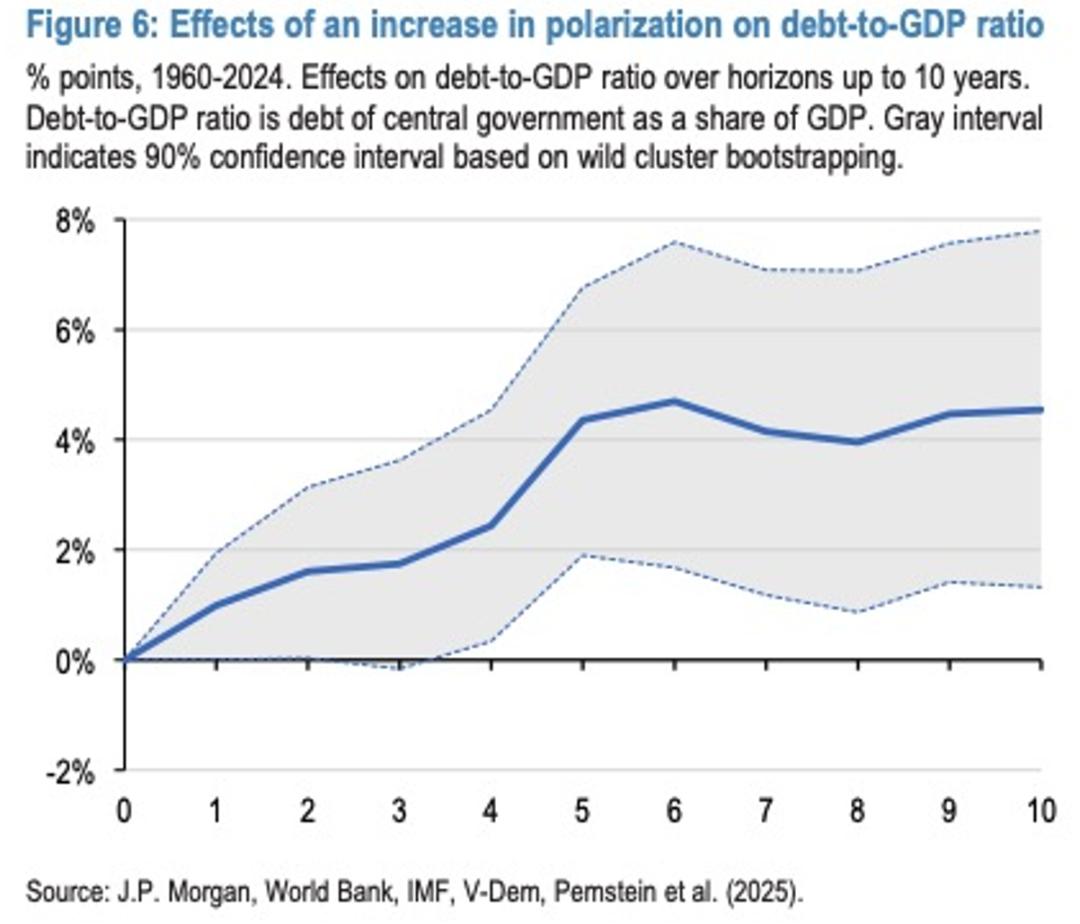Digital identities put online pseudonymity at risk, Buterin warns
 Bitget2025/06/28 18:16
Bitget2025/06/28 18:16- Risk of digital pseudonymity
- “One-ID-per-person” threatens privacy
- Pluralist model as an alternative
Ethereum co-founder Vitalik Buterin has expressed concerns about digital identity initiatives that use zero-knowledge (ZK) proofs, such as the Sam Altman-backed World. While these solutions have appeal because they promise to verify human users without exposing biometric data, Buterin warns that the “one identity per person” model could undermine online freedom.
Vitalik Buterin Advocates for Pluralistic Digital Identities
Vitalik Buterin proposes “pluralistic identity” systems to protect digital privacy and ensure fair access, warning against the risks of single digital IDs.
Buterin argues that a single digital identity system, even one protected by ZK, could require all of a user’s activities to be tied to a single public identity. He highlights the negative impact on pseudonymity and the ability to maintain multiple digital personas.
World scans users’ irises through “Orbs” to issue a World ID, offering WLD tokens as an incentive. While ZK technology allows users to verify that someone is human without revealing sensitive data, Buterin argues that this rigid arrangement undermines privacy, limiting the ability to create multiple social media or email accounts.
For him, pluralistic models are more appropriate: a diversified system, with different digital identities coexisting, issued by different platforms or institutions. Thus, no single agent will have total control over identities.
Buterin highlights that ZK-based digital identity solutions can offer clear benefits: combating bots, vote manipulation, and fraud in cryptocurrencies and social networks. According to him, “On the surface, the widespread adoption of ZK-wrapped digital identification seems like a huge win… protecting our social media, voting, and all types of internet services from manipulation by sibyls and bots, all without compromising privacy.”
However, the exclusive use of unique identities reduces the possibility of pseudonymity. Buterin illustrates this by saying that, “social media applications… will only use one application-specific ID for each user, and since the ID system is one per person, each user will only be able to have one account,” unlike current systems that allow multiple parallel accounts.
As projects like World move forward — with 26 million World IDs issued, recent partnerships with Visa and Tinder, and arrival in US cities — Buterin believes digital identity must enable diversity and choice.
He concludes that the “ideal outcome” would be the fusion of per-person identity systems with trust-based social networks, generating a globally distributed, pluralistic ecosystem that is resistant to monopolization by any one entity.
By addressing the balance between security, privacy and control, Buterin proposes a path that respects digital freedom and prevents cryptocurrencies and online platforms from implementing overly rigid digital identities.
Disclaimer: The content of this article solely reflects the author's opinion and does not represent the platform in any capacity. This article is not intended to serve as a reference for making investment decisions.
You may also like
Bitcoin’s Weekend Journey Sparks New Market Trends


Solana DEX Jupiter Unveils JupUSD, Returning Native Treasury Yield to Users